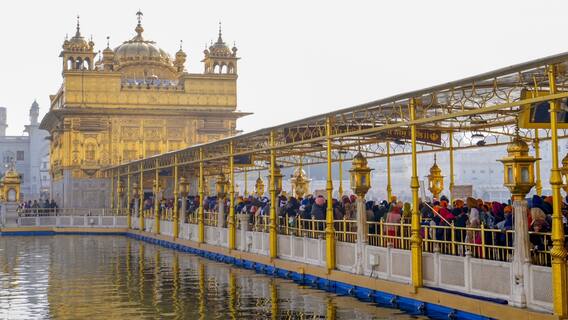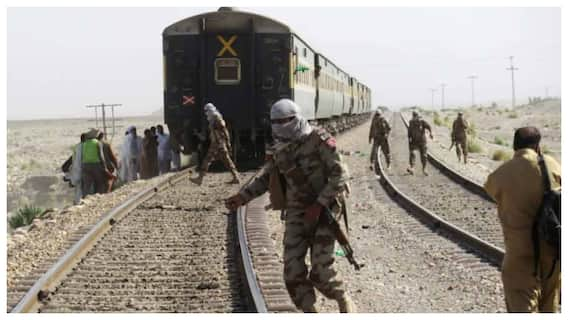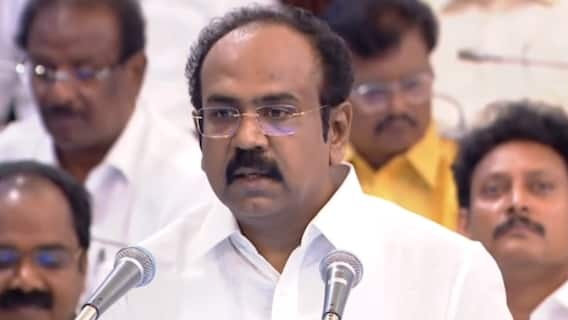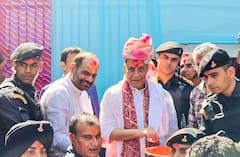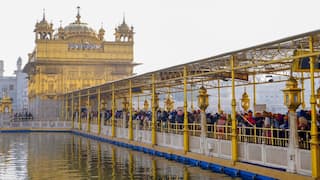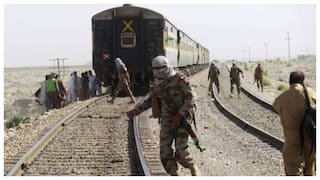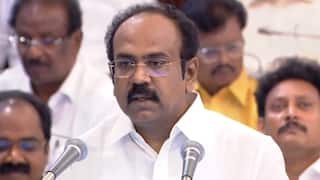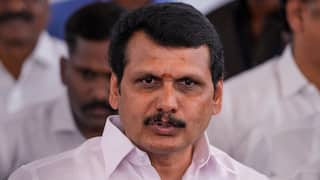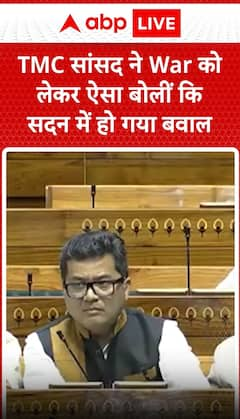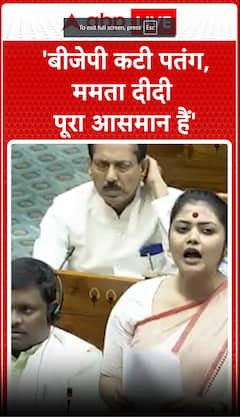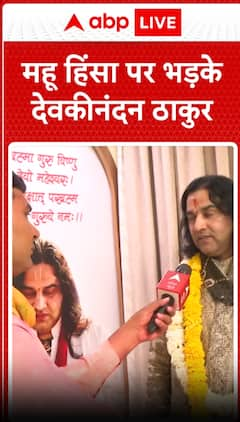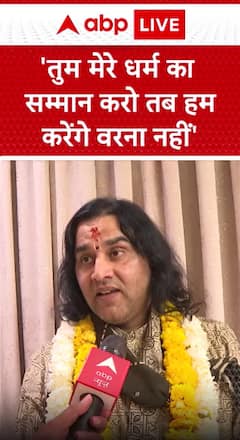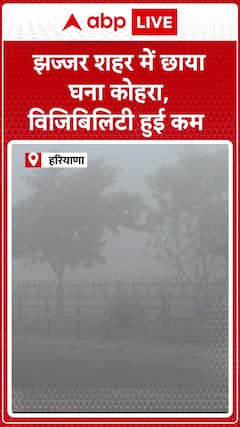Nehru-Liaquat Pact Anniversary: All About The 1950 India-Pakistan Agreement For Partition Refugees
The need for Delhi Pact or Nehru-Liaquat Pact in 1950 arose after communal tension was peaking especially in parts of East Pakistan (modern-day Bangladesh).

New Delhi: On April 8, 1950, then Indian Prime Minister Jawaharlal Nehru and his Pakistani counterpart Liaquat Ali Khan signed an agreement that framed the guidelines to secure the rights of minorities in both countries.
The need for the Delhi Pact or the Nehru-Liaquat Pact arose as communal tension was peaking, especially in parts of East Pakistan (present-day Bangladesh).
Months earlier, in the December of 1949, India and Pakistan had severed economic ties, which soured the post-Partition relations between the two neighbours even further.
Under the Nehru-Liaquat Pact, refugees were allowed to return to dispose of their property, abducted women and looted property were to be returned, forced conversions were to be unrecognised, and minority rights were to be confirmed.
An estimated 1 million people — Hindus from East Pakistan and Muslims from West Bengal — crossed the borders in 1950.
Provisions Of Nehru-Liaquat Agreement
The opening of the agreement read: “The Governments of India and Pakistan solemnly agree that each shall ensure, to the minorities throughout its territory, complete equality of citizenship, irrespective of religion, a full sense of security in respect of life, culture, property and personal honour, freedom of movement within each country and freedom of occupation, speech and worship, subject to law and morality. Members of the minorities shall have equal opportunity with members of the majority community to participate in the public life of their country, hold political or other offices, and to serve in their country’s civil and armed forces. Both Governments declare these rights to be fundamental and undertake to enforce them effectively.”
The agreement made a special note that the PMs of both India and Pakistan acknowledged the guarantee of minority rights with the constitutional provisions in each country.
5 Major Points From The Delhi Pact
“Members of the minorities shall have equal opportunity with members of the majority community to participate in the public life of their country, to hold political or other offices, and to serve in their country’s civil and armed forces."
"Both Governments declare these rights to be fundamental and undertake to enforce them effectively.”
“The Prime Minister of India has drawn attention to the fact that these rights are guaranteed to all minorities in India by its Constitution."
“The Prime Minister of Pakistan has pointed out that similar provision exists in the Objectives Resolution adopted by the Constituent Assembly of Pakistan.”
“Both Governments wish to emphasise that the allegiance and loyalty of the minorities are to the State of which they are citizens and that it is to the Government of their own State that they should look for the redress of their grievances.”
Recent Reference Of Nehru-Liaquat Agreement
Union Home Minister Amit Shah while introducing the Citizenship Amendment Bill in Parliament in 2019 included references to the Nehru-Liaquat pact. During his speech in parliament, Amit Shah said that following the signing of the Nehru-Liaquat Pact, India protected its minorities while Pakistan failed to do so.
Read the full Nehru-Liaquat Agreement here:
Trending News
Top Headlines









